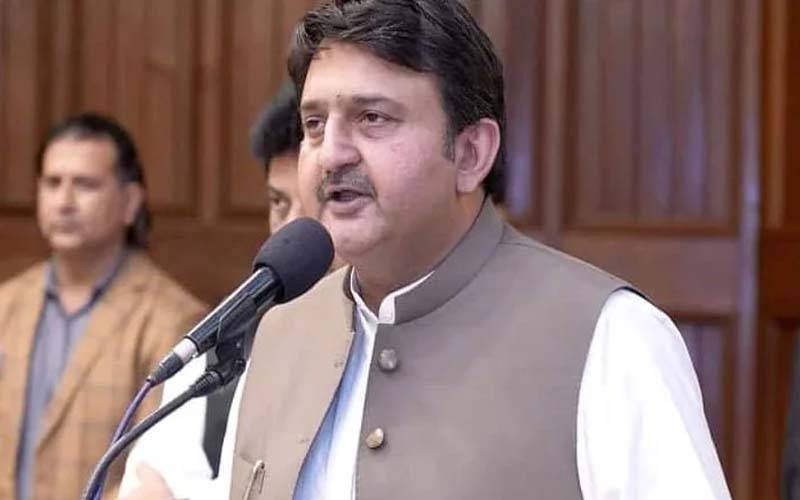
Australia presents an excellent opportunity for medical professionals in 2025, whether for recent graduates eager to begin their careers or experienced doctors seeking better job prospects and higher salaries. The demand for skilled medical professionals continues to grow, making it an ideal time to explore opportunities in the country.
The Professional and Linguistic Assessments Board (PLAB) test, conducted by the General Medical Council (GMC) in the UK, is a recognized assessment for international medical graduates evaluating their medical knowledge and clinical skills. Passing both PLAB Part 1 and PLAB Part 2 allows doctors to pursue employment opportunities in English-speaking countries, including Australia.
Doctors who have successfully completed the PLAB examinations can apply for provisional registration under the Competent Authority Pathway in Australia. The Medical Board of Australia recognizes PLAB qualifications, enabling direct job applications without additional examinations. The pathway remains open for new applicants in 2025, offering a viable route for those considering a career in Australia.
Recent changes have made the process more accessible. Previously, doctors needed 12 months of supervised work experience in the UK before seeking employment in Australia, but this requirement has been removed, allowing supervised training to take place within Australia. The registration process has also been streamlined, reducing processing times and making it easier for qualified doctors to secure positions. Due to an ongoing doctor shortage, particularly in regional and rural areas, the demand for international medical graduates has increased, expanding job opportunities across various specialties. More hospitals, clinics, and private healthcare providers now recognize PLAB-qualified doctors for employment.
Depending on experience, doctors can apply for different roles, including resident medical officer positions with salaries ranging from AUD 80,000 to 100,000 annually. Senior resident medical officers earn between AUD 100,000 and 120,000 per year, taking on greater responsibilities and mentoring junior staff. Registrars in training positions receive salaries between AUD 120,000 and 150,000 while preparing for specialty programs and supervising junior doctors. General practitioners in rural or regional areas earn between AUD 150,000 and 250,000 per year, providing primary healthcare services in underserved communities. Career medical officers specializing in emergency or internal medicine earn salaries ranging from AUD 120,000 to 160,000, working in acute care settings and managing diverse medical cases.
To work in Australia through the PLAB pathway, doctors must meet specific requirements, including passing both parts of the PLAB examination, holding a recognized medical degree from a university listed in the World Directory of Medical Schools, meeting English language proficiency standards with an IELTS score of 7.5 overall or an OET B grade in all sections, registering with the Medical Board of Australia under the Competent Authority Pathway, and securing a supervised job position.
The process begins with passing both PLAB examinations and registering with the General Medical Council in the UK. Once these steps are complete, doctors apply for provisional registration with the Australian Health Practitioner Regulation Agency (AHPRA) through the Competent Authority Pathway. Before obtaining registration, securing a job in Australia is necessary. Job applications can be submitted through online job portals such as SEEK Australia, Indeed Australia, Health Workforce Queensland for rural placements, and state health recruitment websites like NSW Health and Victoria Health.
After securing employment, the next step involves applying for a visa, typically the Subclass 482 Temporary Skill Shortage Visa, which requires employer sponsorship. This visa allows family members, including spouses and children, to accompany the applicant. Once in Australia, doctors must complete 12 months of supervised practice under Level 1 or Level 2 supervision, depending on experience. Upon completing the required supervision period, they can apply for general registration with the Medical Board of Australia, enabling them to work independently throughout the country.
For those considering taking the PLAB examination in 2025 with the goal of working in Australia, the updated process makes relocation more accessible than ever. With higher salaries, improved working conditions, and a clear path to permanent residency, Australia offers promising career prospects for international medical graduates seeking professional growth and stability.


